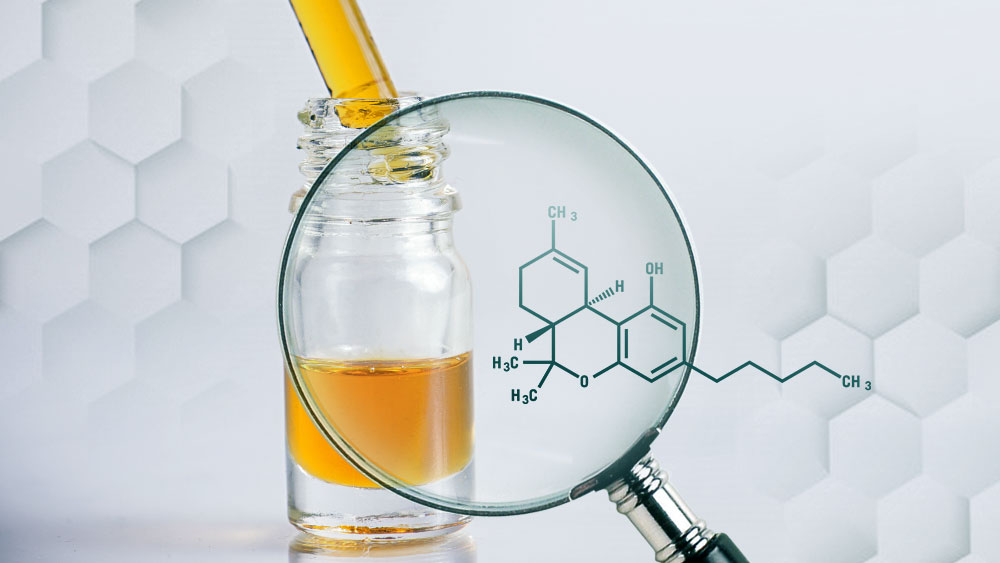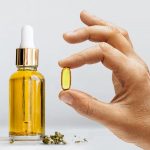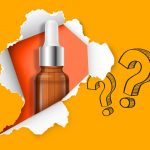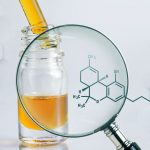Wanting to know whether CBD oil contains the main psychoactive constituent of both hemp and cannabis is completely reasonable, since the presence of THC has potential implications for the psychological effects of the oil, but also poses a genuine threat for drug testing.
In this article we’re going to cover all the important aspects related to this concern, and the first thing that we’ll be discussing are the differences between several types of CBD oil.
Before we begin, we need to acknowledge that the CBD compound can be extracted from two main sources: cannabis and hemp.
These two plants are quite similar and can be considered as chemical cousins, but cannabis is generally rich in THC and low in CBD, while hemp plants naturally possess large amounts of CBD and very little THC.
This brings us to the first main type of CBD oil, commonly known as full-spectrum CBD oil.
These types of CBD oil are produced by manipulating cannabis plants, which means that a typical full-spectrum oil contains substantial amounts of THC.
Great levels of THC in such formulations is capable of inducing a psychoactive effect colloquially known as “the high”, and regularly using full-spectrum CBD oils will almost certainly result in a failed drug screening.
Since full-spectrum CBD oils contain large amounts of THC, they can be legally obtained only in the states that have legalized recreational cannabis.
The second class of CBD oils are known as broad-spectrum CBD oils. They are derived from hemp, and are currently the most widely used type of cannabidiol oil.
The Hemp Farm Bill of 2018 declared farming of hemp legal on a federal level, and CBD oils which have less than 0.3% THC can be purchased in all corners of the US.
Since broad-spectrum oils contain THC in very miniscule amounts, they generally don’t produce any type of psychoactive effect.
As for drug testing, most companies have updated their THC limits to allow trace amounts of this cannabinoid in order to correspond with the new federal regulations regarding hemp, but some occupations (like for example truck driving) still have a zero tolerance policy for THC.
The third and final class of CBD oils are made with isolated CBD molecules, and they are also extracted from hemp.
These oils go through an additional purification process which separates the CBD from all other constituents of the hemp plant, including THC.
Since THC was strategically removed from such formulations, there is no risk of psychoactivity, and drug testing also shouldn’t pose any threat.
It’s important to mention that since CBD products aren’t currently regulated by the FDA, there have been some instances of false labeling, where trace amounts of THC were found in CBD oils whose manufacturers claimed that their products contain 0% THC.
In order to avoid such unnecessary complications make sure you purchase your CBD oil from well-established and reputable producers.








